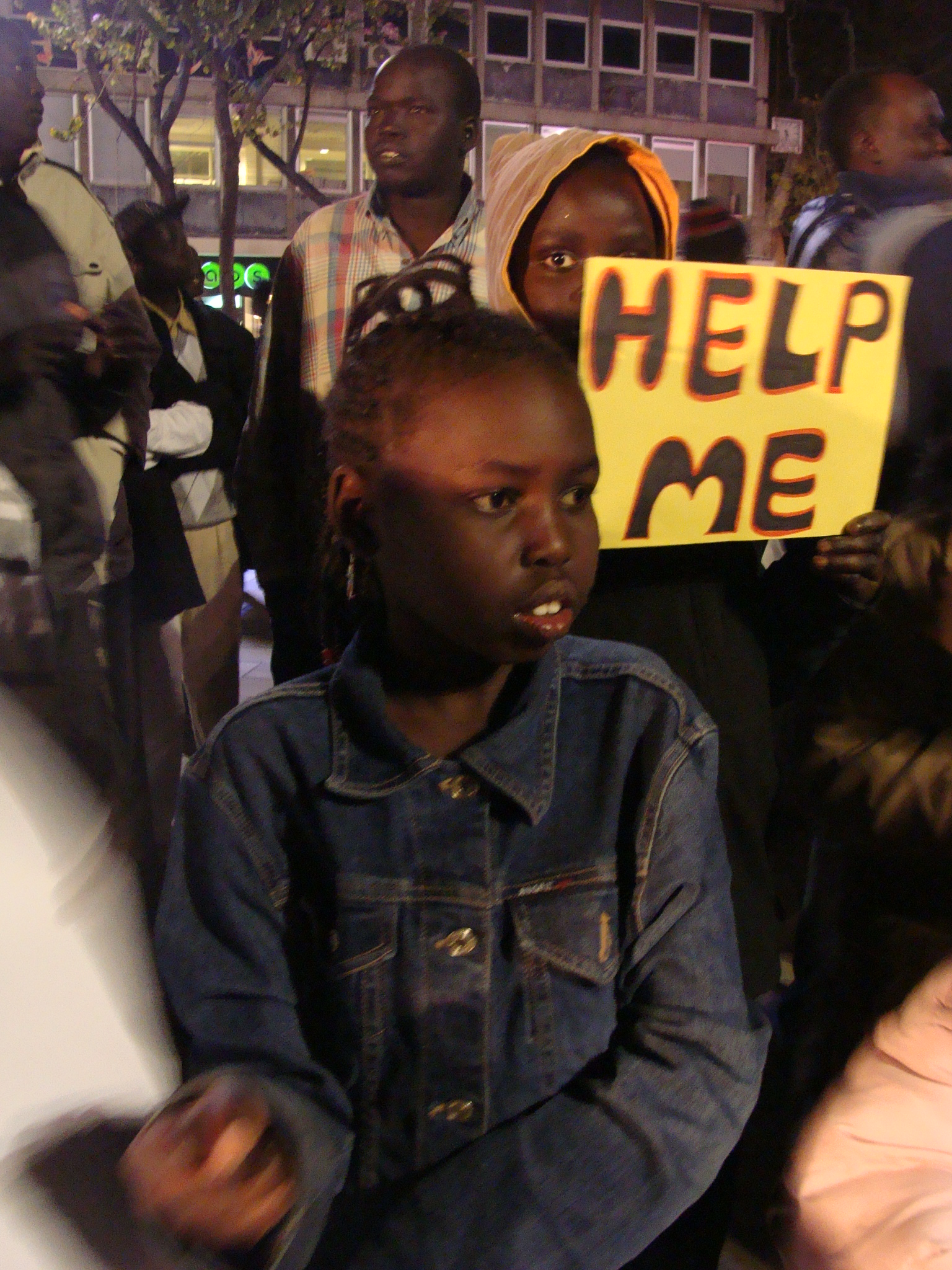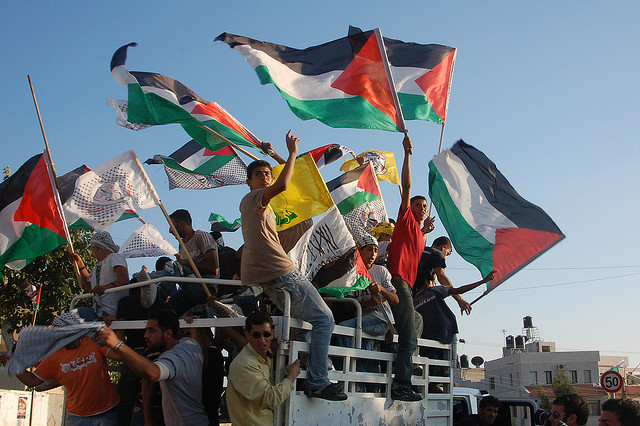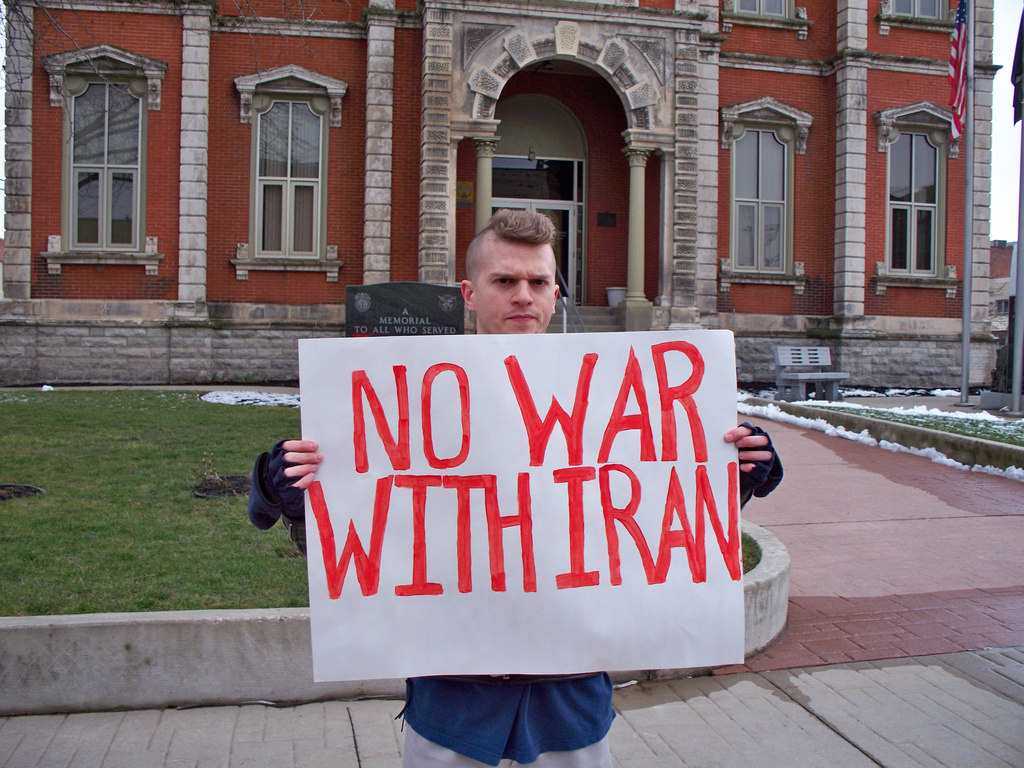Inter Press Service, March 19, 2012
Hundreds of African refugees and Israelis gathered in Tel Aviv on Saturday night under the banner ‘It’s dangerous in South Sudan’ to protest the imminent expulsion of 700 Sudanese asylum seekers, including children.
A small group of counter-protesters attended to show their support for the government’s decision to deport the refugees. One held a sign calling for an end to the asylum seekers’ “occupation” of South Tel Aviv, where many of the estimated 35,000 African refugees in Israel live.
Ethnic clashes between the Murle and Lou Nuer tribes continue in the Jonglei region of South Sudan, where fighting has claimed thousands of lives since the country gained independence from Sudan in July 2011. According to the United Nations, more than 300,000 South Sudanese were displaced due to internal violence last year.
Despite the volatile situation in South Sudan, the Israeli government announced in January that it would no longer give group protection to South Sudanese refugees. They have until Mar. 31 to leave voluntarily. After that, they have been warned they will be deported by force.
A number of families will be affected. About 400 of those facing expulsion are children; many were born in Israel. Some of the kids held signs that read “Help Me”.
Speaking to IPS at Saturday night’s protest, Winni Govita, a 24-year-old mother of two boys, aged six and four, said she is simply unable to imagine returning to South Sudan with her children.
“I watch television and I see (what’s happening) and I think ‘How can we go there?’” she asked. “How, how, how?”
Govita added that she has no family left in South Sudan. She was 12 when she fled to Egypt with her mother. After spending six years in Egypt, she came to Israel. Her youngest child was born here.
While open racism is becoming increasingly common in Israel – and much of it is directed towards African refugees and their children, who have been banned from some municipal schools in Eilat and South Tel Aviv – Govita said she has not had trouble in Arad, where she works at a hotel.
“The kids go to school. Everything is fine.” But, in South Sudan, she said, “There’s no healthcare, no school.”
Due to the country’s extreme poverty, and lack of education and opportunities, the UN estimates that some 2,000 minors are currently serving in South Sudan’s army.
In South Sudan, one of every three children suffers from malnutrition; nearly 50 percent of the population lacks access to clean water.
After visiting South Sudan last month, UN Emergency Relief Coordinator Valerie Amos remarked, “The situation in the country is extremely precarious, and the risk of a dangerous decline is very real. Food insecurity has already increased, and 2012 will witness an earlier, and a longer, season of hunger.”
Wou Riek, 25, is worried about the violence in South Sudan. He is from Jonglei’s Murle community. His mother, he said, has fled the fighting.
Riek was 17 when he left Sudan and made his way to Israel after spending four years in Egypt. When asked about his last memories of South Sudan, which was in the midst of a civil war when he fled, Riek answered, “There is no need to recall this. Everyone knows what happened between the north and south.” He was referring to the 21-year civil war that saw more than two million killed and millions more displaced.
Riek said that he fears for his life in returning to South Sudan.
South Sudan’s army is widely reported to have been lax in its duty to protect citizens. Soldiers often identify with their ethnic group rather than the state, and sometimes turn a blind eye to attacks, or assist in them. Many have reportedly raped women and girls from rival tribes.
Cross-border clashes have also fueled concerns that war could erupt with Sudan again. Although a peace treaty was signed in 2005, Sudan has bombed the pro-south stronghold of South Kordofan in recent months. And tensions over South Sudan’s oil reserves remain high.
In a report released last week, the Israeli Knesset admitted that South Sudan is in a humanitarian emergency. “In recent months, we’ve received information on the deterioration of stability and the humanitarian situation in the state,” the report stated.
Responding to a recent letter protesting the deportation of South Sudanese, signed by 400 Israeli artists, writers, and academics, Interior Minister Eli Yishai remarked, “In my time as Interior Minister I have and will continue to preserve Israel as a Jewish state.”
In December 2011, Yishai told Army Radio that he intends to guard the state’s Jewish majority and that, accordingly, he will see to it that all Africans are returned to their home countries.
Israeli Prime Minister Benjamin Netanyahu has called African asylum seekers a “threat” to the state’s “Jewish and democratic character.”
The deportation of South Sudanese refugees is part of the Israeli government’s ongoing efforts to expel non-Jewish migrants.
Hundreds of children of Southeast Asian migrant workers, along with their parents, are currently being deported. Most of the mothers arrived legally but lost their visa because they gave birth in Israel and did not send their babies back to their home country within the three-month period allotted to them by the state. Last April, the Supreme Court ruled that this policy was a violation of Israel’s own labour laws.
In January, Israel announced its intention to expel 2000 refugees from the Cote d’Ivoire, despite the fact that some could face persecution, violence, and death back home.
The state is also deporting Eritreans of Ethiopian origin to Ethiopia, even though officials in the Ministry of Interior say that the country is unsafe for mixed Ethiopians. An Israeli judge has likened the move to “gambling with human life.”
Addressing the audience of refugees and Israelis on Saturday night, a 14-year-old girl from South Sudan said, in fluent Hebrew, “I know that you are all scared that we came here to take over your country and to take from you all something that isn’t ours, but that’s the last thing that I wanted in the world.
“I’m here to ask you for help, but I’m not here to stay here. I want to return to my country but I do not want to put my life in danger and the lives of my little brothers and that of my little brother who was just born.”


